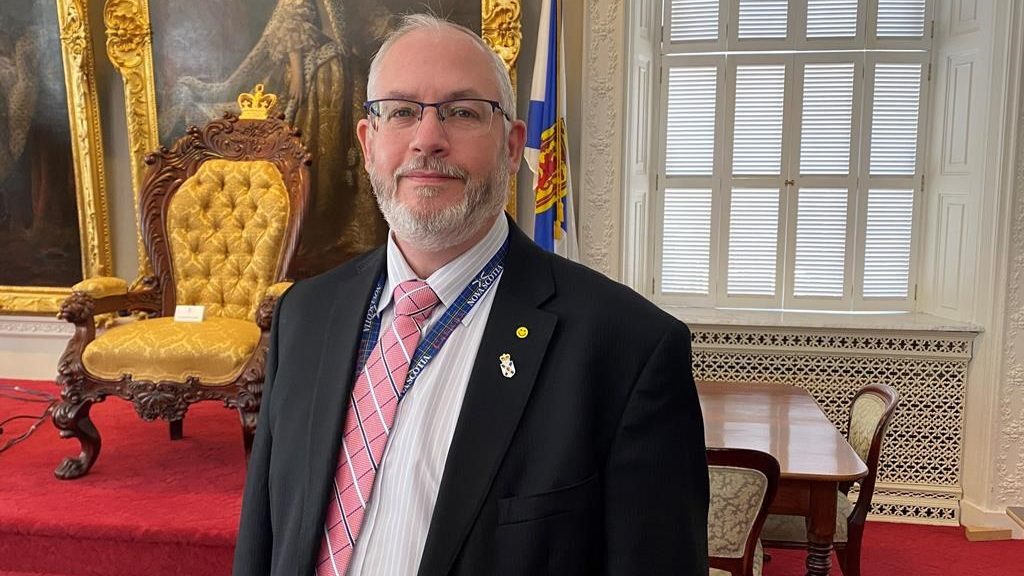John Boyne tells gay First World War love story in ‘The Absolutist’
Posted Apr 12, 2012 12:18:34 PM.
This article is more than 5 years old.
TORONTO – Irish writer John Boyne was watching a BBC news report about an English town that was erecting a monument to First World War soldiers when he got the kernel of an idea for his new novel, “The Absolutist.”
Relatives mourning the fallen troops were on hand for the unveiling ceremony, but there were also other family members in attendance who caught the author’s attention.
“There was a second group there who were interviewed on camera who were just as upset if not more upset. And they were the descendants of either … boys who had gone mad in the trenches, been shell-shocked and deserted … and because of that had been shot and conscientious objectors who had been shot,” recalled the 40-year-old writer, whose nine novels include the 2006 young adult book “The Boy in the Striped Pyjamas.”
“Their sacrifice was not being recognized in the same way.”
Boyne subsequently began to research conscientious objectors in the Great War and was surprised by what he discovered. Some were assigned to work as stretcher bearers, a highly dangerous job. Those who refused all service were called absolutists.
As he delved further into that topic, Boyne hit upon an idea for an unconventional love story.
“I had wanted for some time to write about a gay character,” he said.
“It occurred to me as I was reading about the trenches, these teenage boys, sexually immature in so many ways … it occurred to me that the bond … between them would be extreme and extraordinary. And for those who would have been gay — but perhaps not have had the terminology to define themselves as such — I wondered where that would lead them.”
“The Absolutist” is narrated by Tristan Sadler, a 20-year-old veteran struggling to re-enter society after his experience in the trenches. In flashback, the reader learns of his intense war-time relationship with comrade Will Bancroft, a conscientious objector.
Tristan is forced to confront that past when he travels to Norwich to visit Will’s sister Marian, who is desperate to learn the truth of her brother’s death.
“I was very interested in the effects that Will’s actions would have on his family back home,” said Boyne.
The First World War seems to be resonating in popular culture right now with TV’s “Downton Abbey” and the stage show “War Horse.” Boyne calls the war “an unimaginable horror,” adding that “the representation of the trenches in the culture is something which is never less than traumatic.”
While that hell is grittily rendered in “The Absolutist,” the strength of the novel lies in the emotional bond between Will and Tristan.
“I always find with historical books that I’ve written, I don’t want them to be didactic, I don’t want them to be educational as such,” said Boyne. “But I want people to discover things that they didn’t know.”
Boyne was also lauded for the deft way he tackled relationships in “The Boy in the Striped Pyjamas,” about a friendship between the son of a concentration camp commandant and a child inmate. The book was made into an acclaimed film starring Vera Farmiga.
The author likes to shift between books for children and adults, and is amazed by the quality of writing aimed at junior audiences.
“A lot of the very best work is being done in fiction for young people,” he said. “People are writing really interesting, challenging books for young readers.”
After the dark subject matter of “The Absolutist,” Boyne was keen to turn his attention back to those readers. His latest kids’ book, “The Terrible Thing That Happened to Barnaby Brocket,” is due out in the U.K. this summer.
As for whether “The Absolutist” will follow “Pyjamas” to the big screen, Boyne says that while there are discussions afoot, he’s keen to just focus on his novels.
“Sure it would be nice if something like that happens but it’s not something that takes up a lot of my space,” he said.
“I don’t want to be a screenwriter, I don’t want to be a film director. … I’m really only concerned with writing novels. Anything that happens out of that is all to the good but it doesn’t really change the book one way or the other.”










